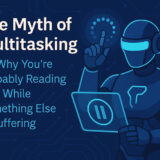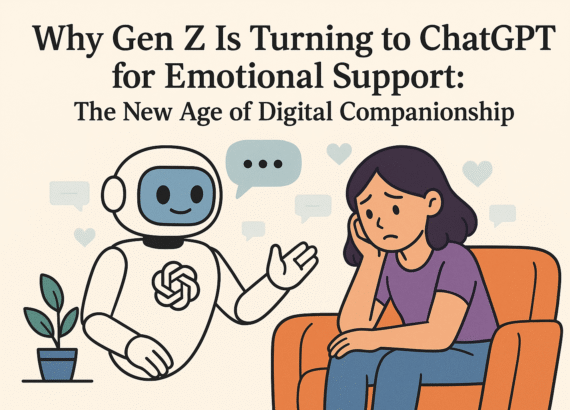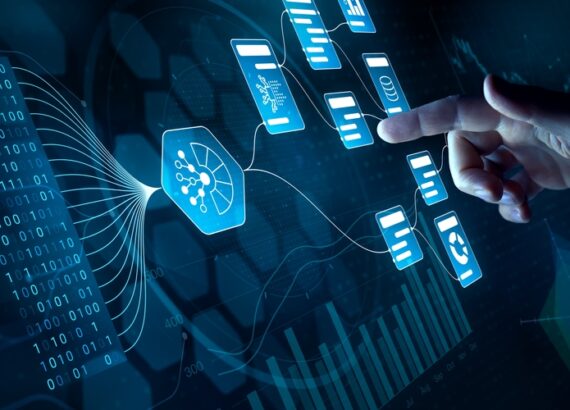Remember when you spent weeks learning to drive, months mastering a new language, or years becoming proficient at your job? Well, hold onto your hats because artificial intelligence (AI) is rewriting the rulebook on learning speed, and the implications are both thrilling and mind-bending.
I’ve been following AI developments for years, but even I was stunned when I learned that modern AI systems can now master complex tasks in hours that would take humans months or even years to learn. We’re not just talking about simple pattern recognition anymore – we’re witnessing AI systems that can learn entire professions, master creative skills, and solve problems at speeds that make human learning look like we’re moving in slow motion.
The Numbers That Will Blow Your Mind
Let’s put this in perspective with some real examples that made me do a double-take. GPT-4, one of today’s leading AI models, was trained on text equivalent to what a human would read if they spent eight hours a day reading for over 20,000 years. And it absorbed all of that information in a matter of weeks during training.
However, here’s where it gets really interesting – AI systems that learn to play games like Go or chess can now reach superhuman levels in just a few hours of self-play. AlphaZero famously learned chess from scratch and defeated the world’s best chess programs after just four hours of training. Four hours! Most chess grandmasters spend decades honing their craft.
In the medical field, AI systems are learning to diagnose diseases by analysing thousands of medical images in the time it takes you to finish your morning coffee. What takes medical students years to learn through residency and practice, AI can absorb in days through massive dataset analysis.
Why AI Learns So Incredibly Fast
You might be wondering, “How is this even possible?” The secret lies in the fundamental differences between AI learning and human learning. While we humans learn sequentially – one experience at a time, building on previous knowledge – AI systems can process massive amounts of information simultaneously.
Think about learning to recognise faces. You and I learn this over the years, seeing thousands of faces and gradually building our recognition abilities. An AI system, on the other hand, can analyse millions of faces simultaneously, finding patterns and connections that would take humans lifetimes to discover. It’s like having a million tutors teaching you simultaneously versus learning from one teacher in a traditional classroom.
AI also doesn’t forget the way humans do. Once trained, an AI system retains everything it has learned with perfect accuracy. There is no “use it or lose it” principle that applies here. Every piece of information becomes permanently accessible, creating an ever-expanding foundation for new learning.
Additionally, AI systems don’t require sleep, remain tireless, and are immune to bad days. They can learn 24/7 without breaks, processing information at computational speeds that dwarf biological processing. It’s like comparing a sports car to a bicycle – they’re both vehicles, but they operate at completely different levels of performance.
Discover innovative IT services and digital solutions by visiting Nextr Technology where businesses find reliable partners for growth and transformation
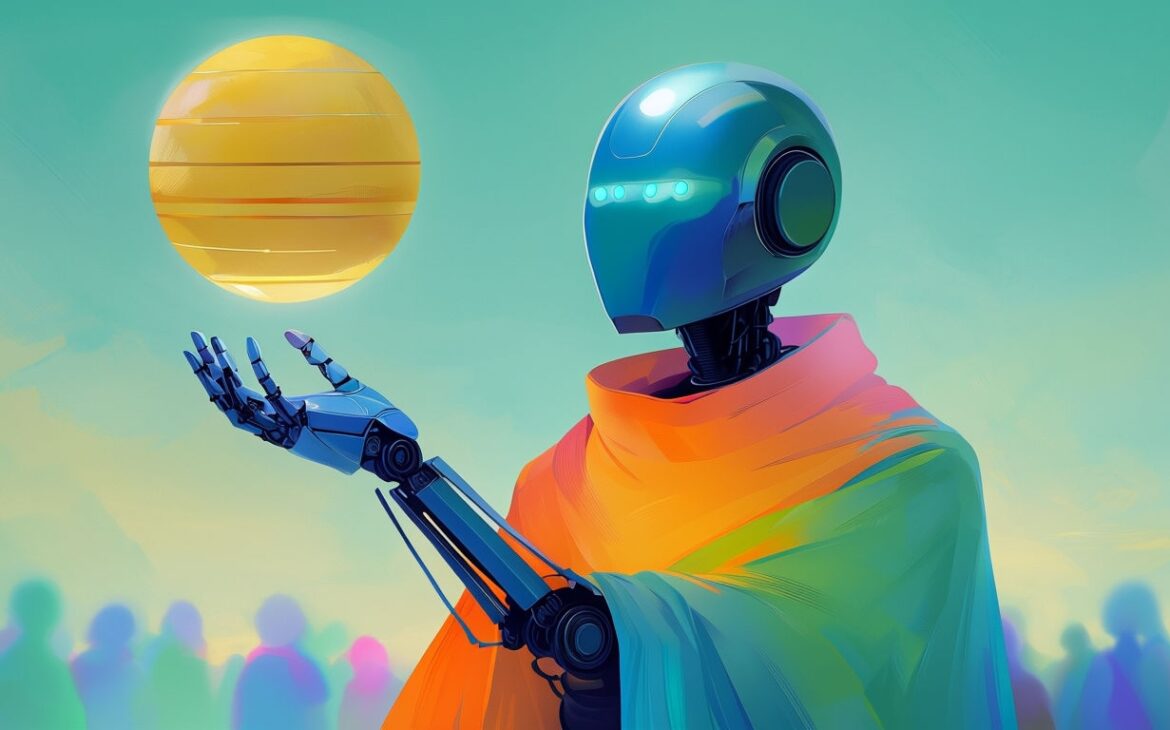
Real-World Applications That Are Already Here
This isn’t science fiction – it’s happening right now, and it’s changing industries faster than most people realise. In software development, AI coding assistants are learning new programming languages and frameworks almost instantly as they’re released. Developers who once spent weeks learning new technologies can now leverage AI that has already mastered them.
In creative fields, AI systems are learning artistic styles, music composition techniques, and writing approaches by analysing vast libraries of creative works in a matter of days. What once required years of studying for a master’s degree and developing a personal style can now be learned by AI in the time it takes to download and process the training data.
Customer service AI is learning company policies, product details, and communication styles faster than human employees ever could. Some companies report that their AI systems become fully proficient in customer interactions within days of implementation, whereas human training typically takes weeks or months.
Even in manufacturing and logistics, AI systems are learning to optimise complex supply chains and production processes by analysing years’ worth of data in compressed time periods, identifying efficiencies that human managers might never discover.
What This Means for Your Future
I’ll be honest – this rapid AI learning capability is both exciting and slightly unnerving. On one hand, we’re looking at unprecedented solutions to complex problems. Climate change, disease, and poverty – these global challenges could greatly benefit from AI systems that can rapidly learn and adapt to find effective solutions.
For individuals, this creates incredible opportunities. AI tutors could personalise learning experiences in ways never before possible, adapting to your learning style and pace in real-time. Imagine having a personal teacher who has instantly mastered every subject you want to learn and can adjust their teaching method specifically for how your brain works.
However, we also need to prepare for significant changes in the job market. If AI can learn job skills in hours rather than months, many traditional career paths will be disrupted. The key is adaptation – focusing on uniquely human skills, such as emotional intelligence, creativity, complex problem-solving, and ethical reasoning, that complement rather than compete with AI capabilities.
If you are looking to create a strong online presence and want a team that understands both creativity and functionality, you can explore custom website development services in London that deliver tailored digital solutions for every type of business.
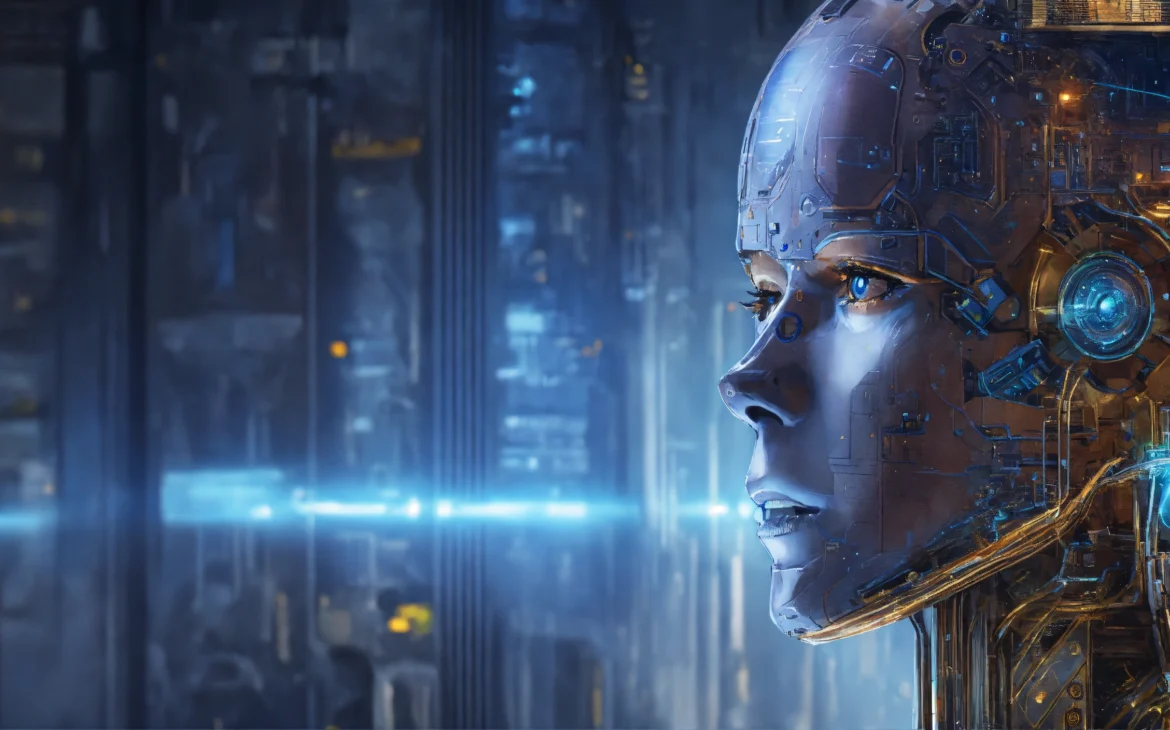
Preparing for an AI-Accelerated World
Rather than feeling overwhelmed, I encourage you to see this as the ultimate opportunity to level up. The same AI that learns faster than humans can also help humans learn faster than ever before. We can leverage AI as learning partners, research assistants, and skill accelerators.
Start by identifying skills that are difficult to automate – those requiring human judgment, creativity, empathy, or complex reasoning. Focus on becoming a lifelong learner yourself, staying curious and adaptable. The humans who thrive in an AI-accelerated world will be those who learn to work alongside AI systems rather than compete against them.
Consider upskilling in areas where human oversight of AI systems will be crucial – AI ethics, human-AI interaction design, or specialised fields where human judgment remains irreplaceable.
Businesses seeking to scale their online platforms with modern tools and user-centric design can benefit from custom website development services in London, specifically tailored to enhance performance, security, and customer engagement.
Conclusion
The reality that AI learns faster than humans isn’t something to fear – it’s something to harness. We’re witnessing the emergence of the ultimate learning partner, capable of processing and understanding information at speeds that seemed impossible just a few years ago.
This technological leap represents one of the most significant developments in human history. Just as the printing press accelerated the spread of knowledge and the internet connected global information, AI’s rapid learning capabilities are ushering in an era where the boundaries between human and machine intelligence become collaborative rather than competitive.
The future belongs to those who embrace this change, learn to work with AI systems, and focus on developing the uniquely human skills that will always be in demand. The question isn’t whether AI will continue learning faster than humans – it’s whether we’ll be smart enough to learn alongside it.
The era of AI acceleration has arrived. Are you ready to accelerate with it?
For businesses wanting bespoke digital platforms, you can explore custom website development services in London that deliver responsive, secure and scalable solutions tailored to your specific goals
FAQ
Q: Will AI eventually know everything there is to know? A: Not exactly. While AI can process vast amounts of existing information quickly, knowledge continues to grow and evolve. AI systems also still struggle with tasks that require real-world experience, emotional understanding, and creative intuition, which come from lived experience.
Q: Should I be worried about AI replacing my job? A: Rather than worry, focus on adaptation. Jobs will evolve rather than simply disappear. The key is developing skills that complement AI – creativity, emotional intelligence, complex reasoning, and human interaction remain valuable and difficult to automate.
Q: How can I use AI’s fast learning to improve my own learning? A: AI can serve as a personalised tutor, research assistant, and practice partner. Use AI tools to get quick explanations, generate practice problems, summarise complex topics, and provide feedback on your work. The key is treating AI as a learning amplifier rather than a replacement for your own thinking.
Q: Is there anything AI still can’t learn quickly? A: Yes, AI still struggles with tasks requiring physical interaction with the world, understanding context and nuance in human relationships, making ethical judgments in complex situations, and truly creative problem-solving that requires intuition and life experience.
If you’re seeking a trusted partner for web design & development services in London, you can discover options at professional custom web development services in the UK where websites ecommerce stores and web applications are designed built and optimised to elevate your digital presence.
For more such amazing updates, follow Nextr Technology!
Thank you for reading
Buy Web Hosting at an affordable price: Buy Now.
If you want to build your website at an affordable price, contact www.nextr.in
Read this: How AI is Changing Education



